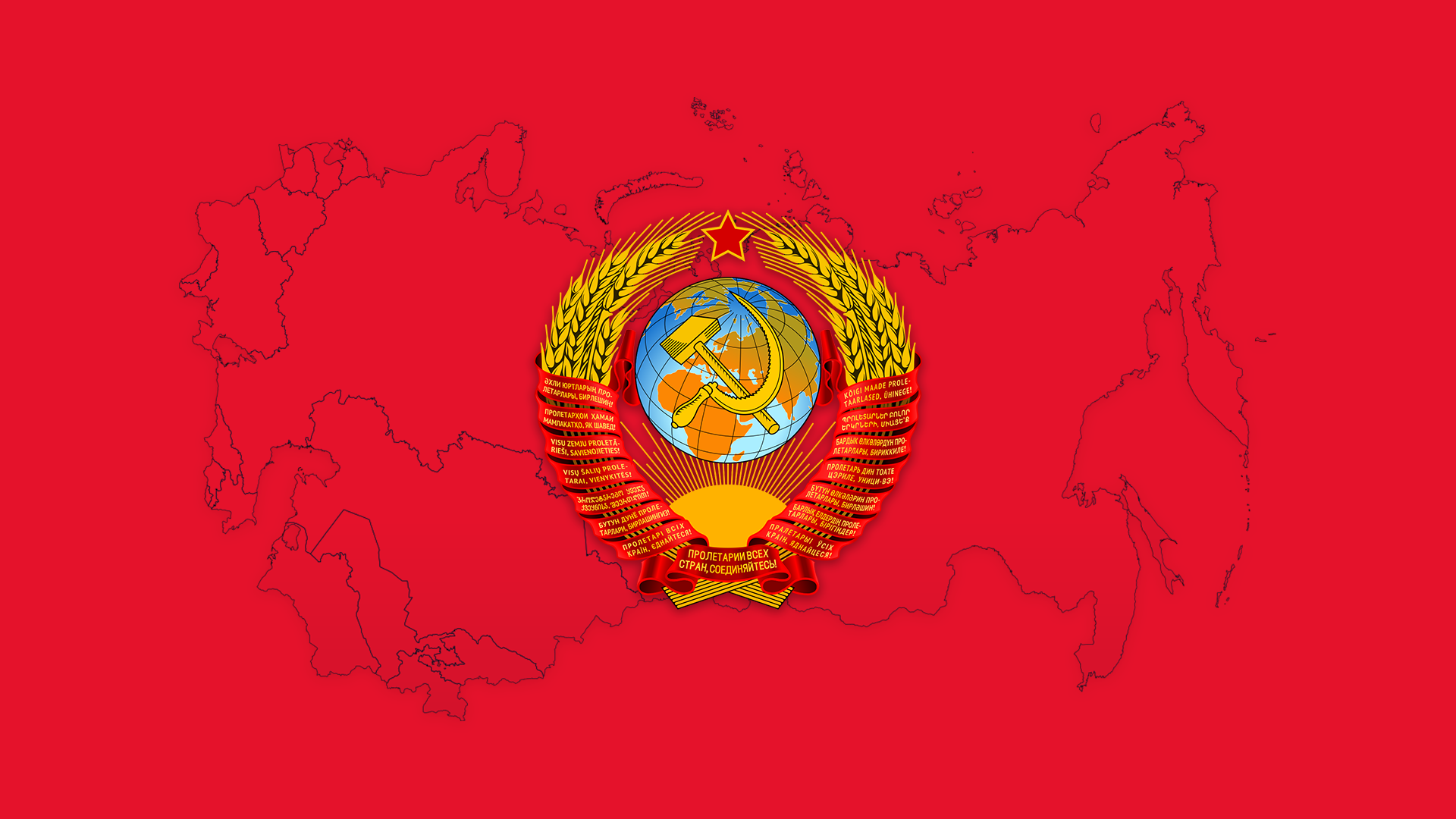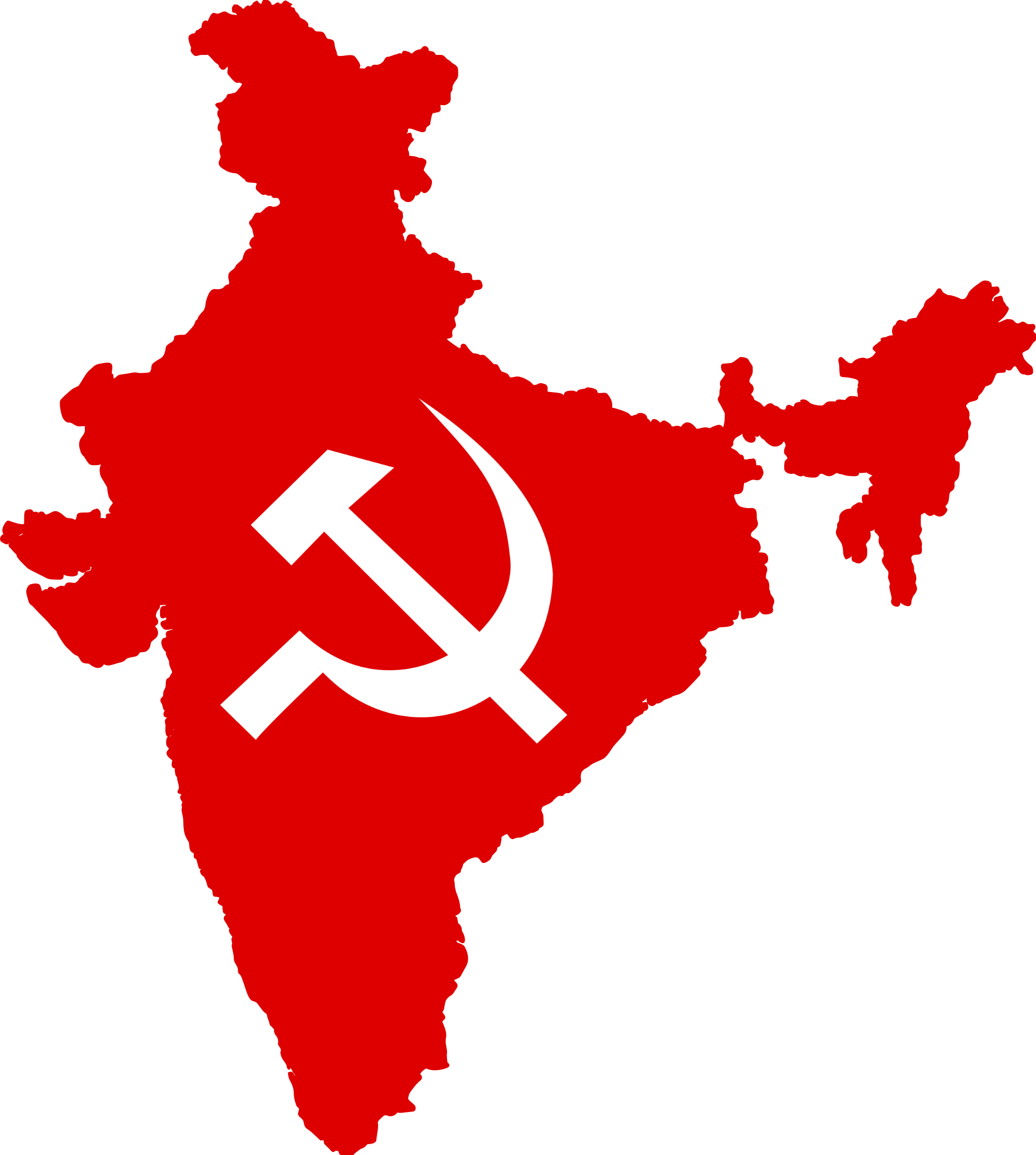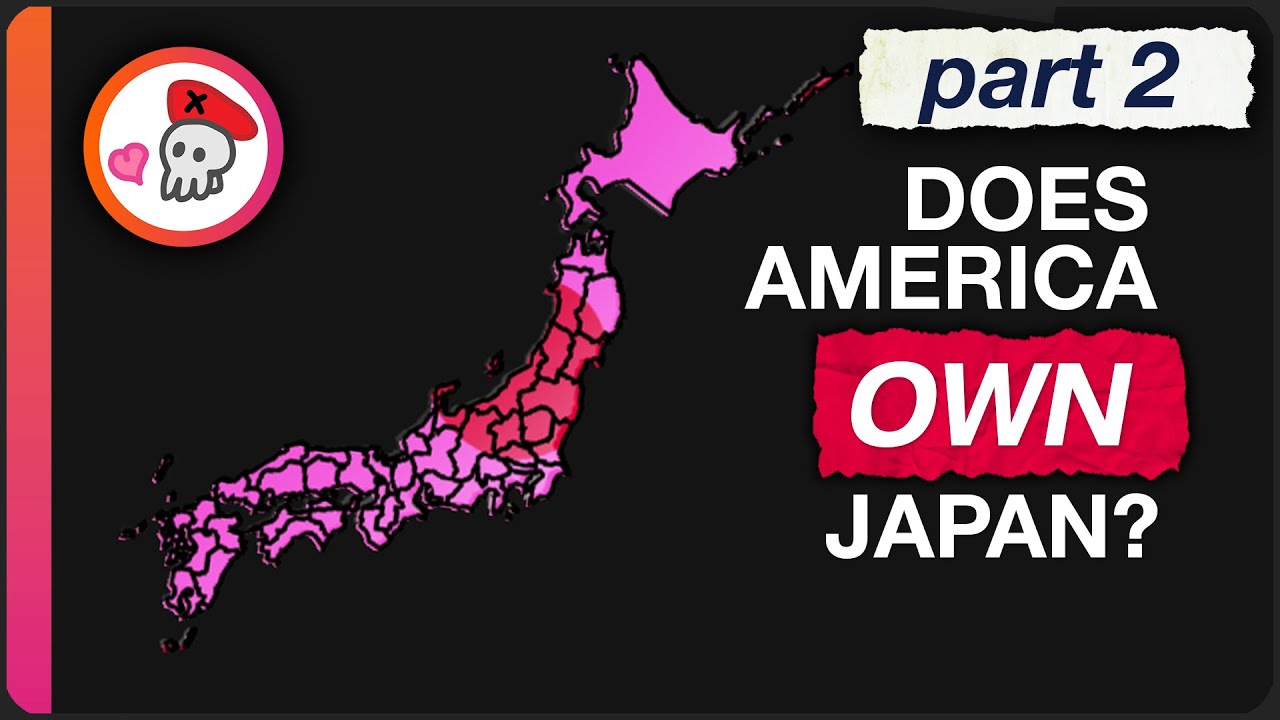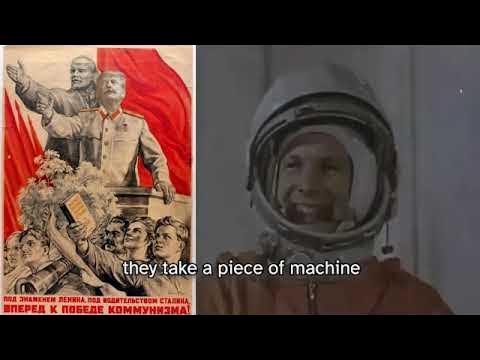

Materialism is a philosophy where ultimately everything is matter and energy. I don’t know how you can think otherwise.
Conciousness can exist in a materialist worldview so long as it’s a phenomenon of matter and energy.
Why have different views? Because there are different, equally valid ways of modelling the same thing. But some are more useful than others. You even highlight this in your next few sentences.
The reason it’s bad for propaganda is because no lay person understands what the fuck any of us are talking about when we use this philosophical language and quote long dead men from the 1800s.
You also do not understand what materialist dialectics are. You have a very idealist form of them. But that’s fine. It’s not worth arguing about. The idea that correct thought is needed for correct action is anti-marxist.











if conciousness is fundamentally a phenomenon of matter and energy then it fits in a materialist worldview.
statin that it’s immaterial is not materialist.
but thank you for quoting scripture.